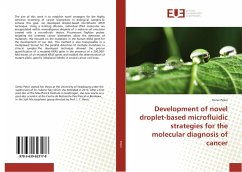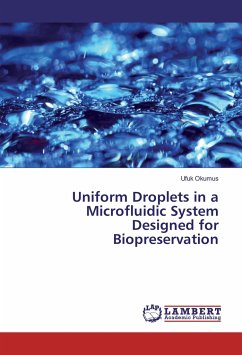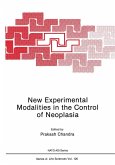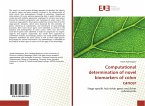The aim of this work is to establish novel strategies for the highly sensitive screening of cancer biomarkers in biological samples.To achieve this goal, we developed droplet-based microfluidic dPCR technique. Using a limiting dilution, individual DNA molecules are encapsulated within monodisperse droplets of a water-in-oil emulsion created with a microfluidic device. Fluorescent TaqMan probes targeting the screened cancer biomarkers allow the detection of mutations. We focused on the mutations in the human KRAS gene for the development of our test. This method is also transposable in a multiplexed format for the parallel detection of multiple mutations in clinical samples.The developed technique allowed the precise quantification of a mutated KRAS gene in the presence of a 200,000-fold excess of un-mutated KRAS genes and enabled the determination of mutant allelic specific imbalance (MASI) in several cancer cell-lines.
Bitte wählen Sie Ihr Anliegen aus.
Rechnungen
Retourenschein anfordern
Bestellstatus
Storno








